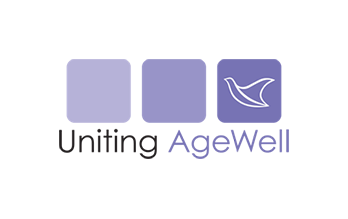The University of Sydney in partnership with The Frank Whiddon Masonic Homes of NSW and Uniting Agewell Ltd has been awarded an ARIIA grant for their ‘Improving mobility in aged care with telehealth physiotherapy: an effectiveness and implementation randomised controlled trial (The TOP UP Study)’ project.
Over 1 million Australians live in residential care or receive aged care services at home.
- Most of these people are frail, have walking problems, and many have dementia.
- Physiotherapists can help older people improve their physical function and independence by coaching them to undertake regular balance and strengthening exercise.
- This is a challenge to deliver in the Australian aged care context as there are not enough physiotherapists to assist older people to exercise safely.
- COVID-19 has exacerbated the situation by restricting physiotherapist’s ability to visit people.
Telehealth is emerging as a new way to allow older people to ‘see’ their physiotherapist online and exercise with a device such as an iPad and support from care workers. The TOP UP Study has collaborated with older people and service providers to co-design a research project to explore telehealth physiotherapy.
Our intervention has training of care staff at its core. We aim to evaluate the effectiveness and acceptability of our telehealth physiotherapy programs on mobility and falls in older people receiving aged care services. We want to understand how to engage technology to improve the quality of life for this vulnerable population and seek to directly inform ongoing service delivery and staff training.


